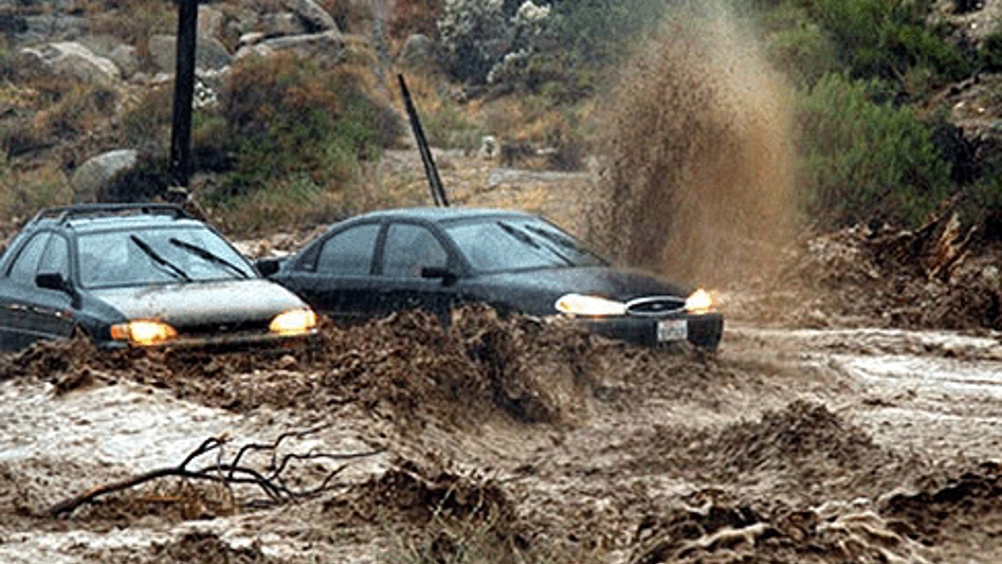UK 'must prepare now' to mitigate climate change impact
By preparing now, the UK can reduce the adverse effects of climate change, according to a report published today by the Adaptation Sub-Committee (ASC).

In the water sector, while only eight per cent of resource zones in England are currently at risk of a supply shortfall in a severe drought, this could increase to around 45 per cent by 2035 without additional investment.
According to a statement, the UK’s vulnerability to climate change is potentially increasing as a result of patterns of building development in some areas and demographic trends.
The ASC found that in almost all of the nine local authorities studied — Hull, East Riding, Gloucester, Tewksebury, South Gloucestershire, Southampton, Fareham, Gosport and Stockton on Tees — development in the floodplain had increased, and in four of them the rate of development was higher than across the locality as a whole.
Similarly, three of the four coastal authorities studied saw an increase in development in areas of eroding coastline, and in two of them, the rate of development on unprotected coastline was higher than across the authority as a whole.
Register now to continue reading
Thanks for visiting The Engineer. You’ve now reached your monthly limit of news stories. Register for free to unlock unlimited access to all of our news coverage, as well as premium content including opinion, in-depth features and special reports.
Benefits of registering
-
In-depth insights and coverage of key emerging trends
-
Unrestricted access to special reports throughout the year
-
Daily technology news delivered straight to your inbox










Water Sector Talent Exodus Could Cripple The Sector
Maybe if things are essential for the running of a country and we want to pay a fair price we should be running these utilities on a not for profit...